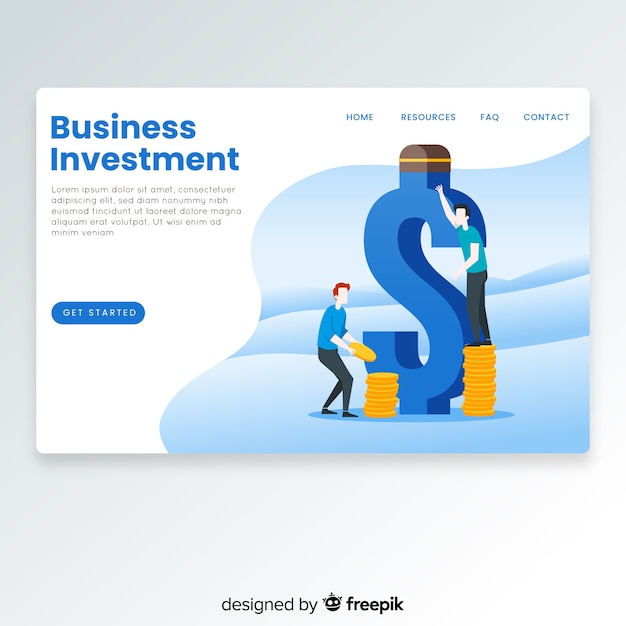
The realm of investing can be a maze for many, with the selection of the right financial strategies often proving to be a daunting task. Your objective is to optimize your investments and to achieve this, why not explore a stress-free, yet fruitful option: index funds? The article delves into the nature and benefits of index funds to make your investment journey smoother.
A practical method for growing one’s wealth is through investing in index funds. As I’ve educated myself on building wealth through books such as The Automatic Millionaire and The Simple Path to Wealth, I’ve discovered the power of index funds in long-term investment and wealth-building.
WHAT ARE INDEX FUNDS?
Essentially, index funds are a form of mutual fund or exchange-traded fund (ETF) that tracks the performance of a specific stock market index like the S&P 500 or Dow Jones Industrial Average. Rather than being actively managed by an investor, the fund reflects the performance of the underlying stock market index.
This particular strategy accrues benefits from either the appreciation or depreciation of its assets. Its simplicity and easy trackability make it an appealing choice for those looking for a hands-off investment approach while simultaneously avoiding a heavily managed portfolio. An ideal example would be Vanguard’s S&P 500 ETF, which covers 500 of the largest U.S. companies. Certain index funds even offer initial investments as low as $1, making it an accessible starting point for many.
Let’s dig deeper into the four primary reasons why index funds are worth considering for your investment portfolio:
RELATED: 6 Things Your Financial Advisor Isn’t Telling You
1. LOW FEES
Among the most attractive features of index funds are the substantially lower fees. Most index funds have an annual fee or an “expense ratio” that is typically below 1%. This allows you to retain more of your profits rather than spending them on fees. These fees are usually deducted from your portfolio balance or dividends seamlessly. Investments such as the Fidelity ZERO Large Cap Index further sweeten the deal with a 0% expense ratio.
2. DIVERSIFICATION
Investing in index funds ensures cost-effective diversification, as it allows you to invest in hundreds or even thousands of different stocks at one go. This reduces your overall risk while granting you exposure to the entire market. The approach is deemed safer than selecting individual stocks as the risk is spread out over numerous companies.
RELATED: 7 Easy Ways to Start Investing with Little Money
3. LONG-TERM GROWTH POTENTIAL
Another advantage of index funds is their potential for long-term growth, as they’re designed to footprint the performance of certain indices over time. The market ascends over time on average. Therefore, holding onto your investments yields more growth and compound interest. This proves to be the right fit if you aren’t inclined to frequently sell and trade stocks.
RELATED: How to Stay Motivated When You’re Investing
4. PASSIVE MANAGEMENT
Lastly, the allure of index funds extends to their passive management nature. Constant price checking and individual trading can burn both time and money. With index funds, you can passively let your investment grow over time. Advanced automated platforms, like Betterment and Wealthfront, even manage your investments on your behalf.
SUMMARY: INDEX FUNDS – FOCUS ON LONG-TERM WEALTH
Index funds can be a savvy choice for those aiming for a diversified portfolio and low management fees. With its combination of low fees and long-term returns, it makes for an attractive investment opportunity.
Especially for beginners with ample time to grow their investment, index funds can be an invaluable tool. Be diligent in comparing your options, scrutinising the performance of specific index funds for sufficient diversification, and ensuring the fees are competitive. Remember, the key is to keep learning and to stay open to expanding your investment knowledge. Always be ready with questions for clarity.


